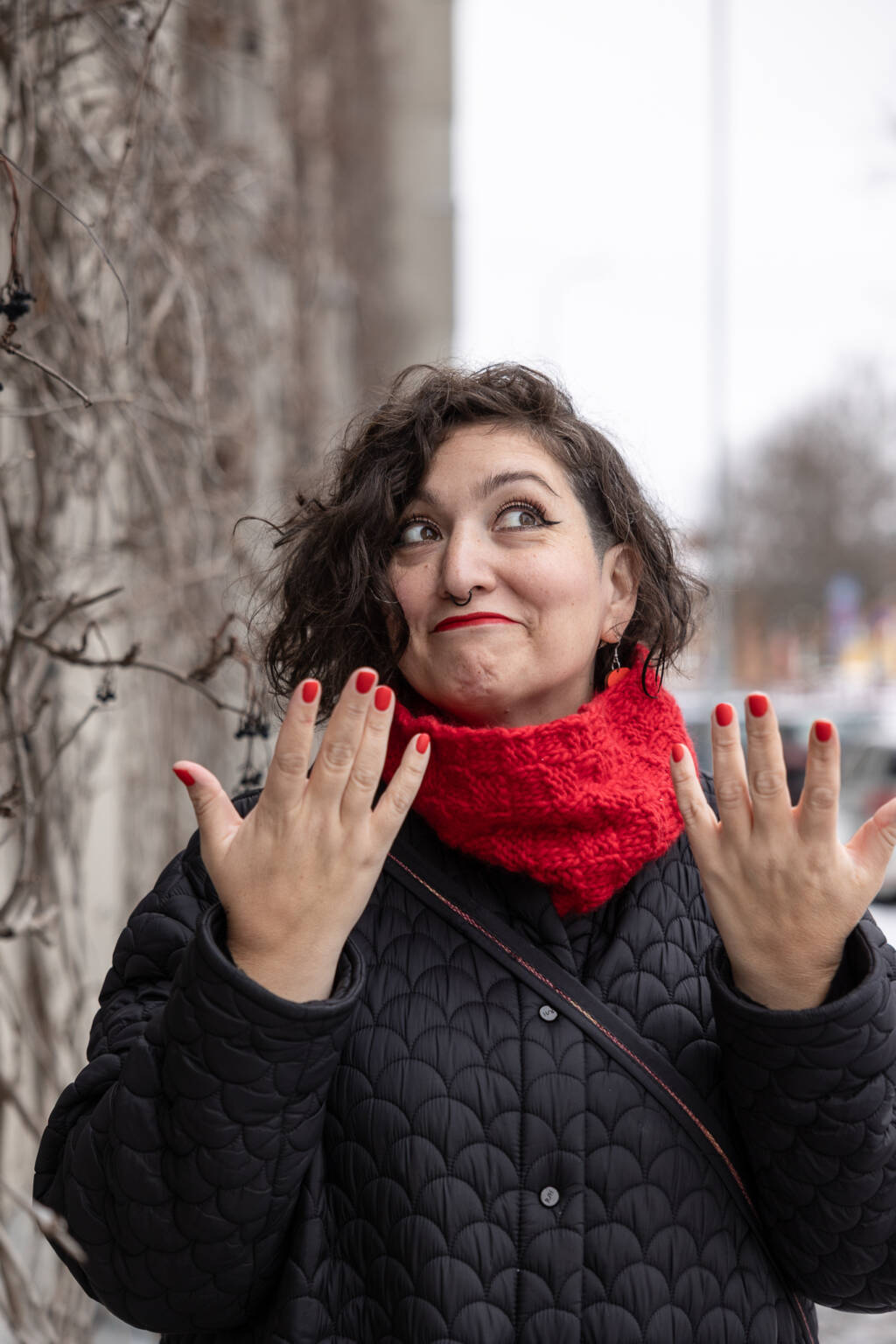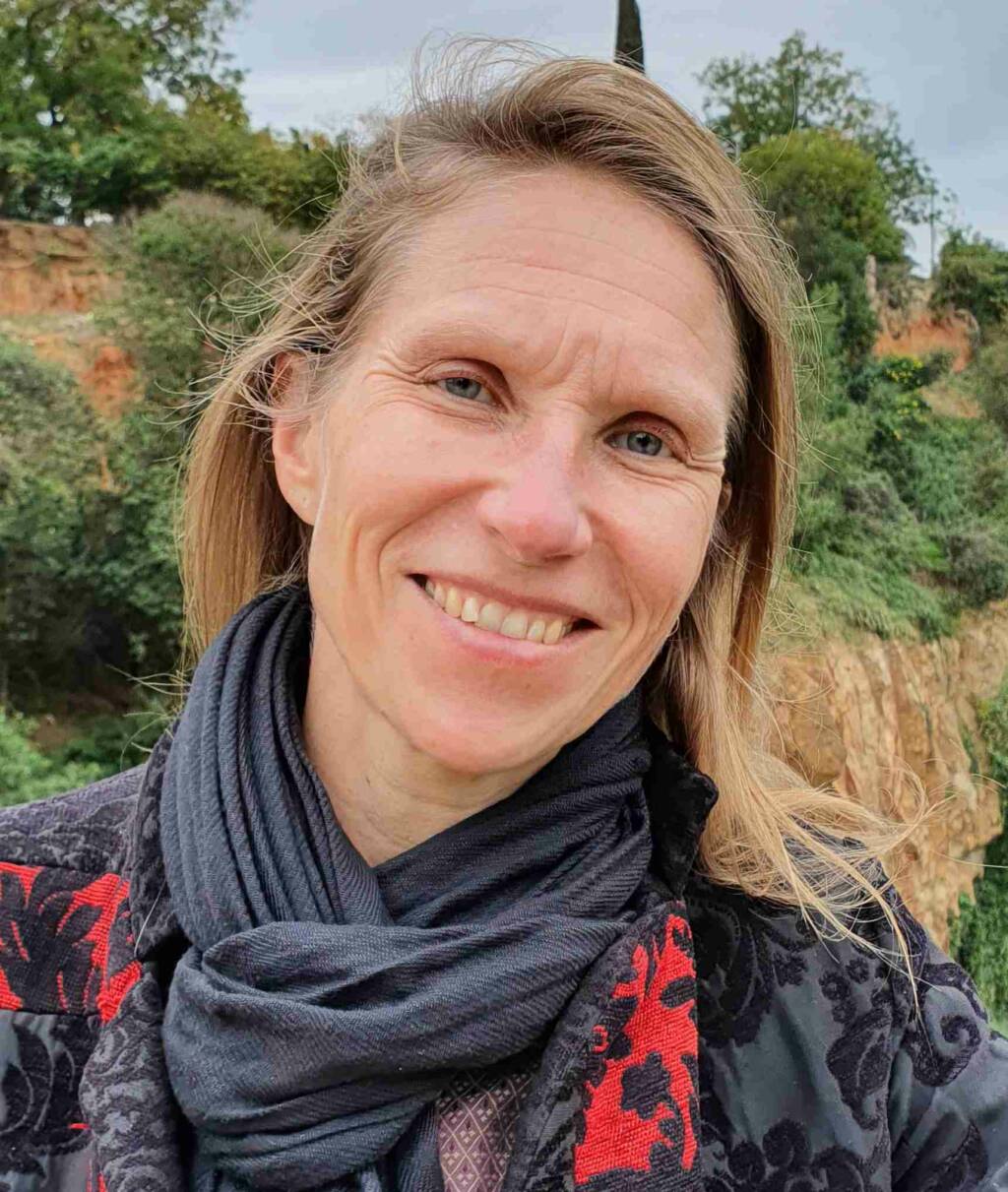Speakers

Javiera Marchant Aedo
Javiera Marchant Aedo is a well-known human rights activist and equality expert based in Finland. As the vice-chair of Anti-Racist Forum Finland and one of the first fat activists in the country, she passionately advocates for marginalized communities. Arriving in Finland in 1992 as a political refugee from Chile, Javiera unapologetically embraces leftist and anti-capitalist principles. Her activism spans social media, grassroots initiatives, and training for public sector organizations, including municipalities and NGOs. She also contributes to various publications through columns and occasional stand-up performances, amplifying her message of equality and social justice.
Picture by Sonja Siikanen / Spafograf Oy
This will burn bridges only if you let it – and if you do, let the light show you the way:
This talk examines the dynamic interaction between activists and academic researchers engaged in social justice issues. Activists often dedicate their work selflessly and without compensation, while researchers may gain professional benefits from their work, even in the absence of funding.
One of the aims of this talk will be raising important questions about recognition and impact. I will explore how academia’s focus on oppression doesn’t always recognize that for the people whose lives they research it is not merely an intellectual exercise but it is a matter of real-life implications for marginalized groups. We will highlight what critical and activist research can look like and discuss the potential for equitable partnerships that honor both activists’ contributions and researchers’ insights. Ultimately, we aim to foster collaboration that drives meaningful social change.

Kirsi Pauliina Kallio
Dr Kirsi Pauliina Kallio is a Professor of Environmental Pedagogy and Education at Tampere University. She is an interdisciplinary scholar whose research interests include political agency as a human condition, the development of political subjectivity, geo-socialisation and lived citizenship in a topological world, political geographies of children and youth, democratic development of sustainable urbanity, and politics, policies and experiences of transnational forced migration. Her current research has two main foci: climate mobilities and embodied encounters in forced migration. As part of these projects, she develops arts-based methods to strengthen social science environmental education in schools from the perspective of decolonising empathy education.
Climate (Im)mobilities as a Lived Relationship: Entering Empathic Unsettlement in Play Space:
Climate change is increasing various types of (im)mobilities around the world related to both slow-onset impacts and fast-onset hazards. Both humans and other species are moving more between places and out of deteriorating livelihoods but are also becoming trapped in them. The so-called mobility paradigm has begun to explore human climate mobilities in this broad sense, recognising their transnational and translocal nature, people’s changing relationships with their natural and built environments, inequalities between different people and places, a variety of causes of forced displacement, back-and-forth and long-distance forms of mobility, combinations of mobility and immobility as a family or neighbourhood strategy, and chosen and forced immobilities. This bundle is not easy for anyone to grasp. Understanding what climate (im)mobilities mean for someone, somewhere, in a particular life situation, requires empathic relations-building across difference and often also across otherness. To avoid ‘empathetic failures’, in Pedwell’s (2016) words, time and other resources are needed for this learning. Furthermore, the formation of empathetic lived relationships requires a willingness to enter what Dominick LaCapra (2014) calls ‘the unsettling condition’, where one’s self and one’s lived reality are vulnerable to change. This leap into the unknown can be frightening. Yet Martha Nussbaum (2012) has noted that social anxieties can be overcome in the ‘play space’ accessible through the arts. Following in this vein, this talk will invite the audience into play space to build decolonising lived relationships with climate (im)mobilities through empathic unsettling, guided by 73 ten-year-old research participants.

Sohail Jannesari
Sohail is a Research Fellow at King’s College London and starting as a Senior Teaching Fellow at Imperial College London. He leads the anti-racist Stolen Tools journal, co-convenes the Inspiring Ethics group, and founded the Migrant Connections Festival. He researches migration and mental health, and has worked on outcomes for survivors of human trafficking. He’s also worked on with young people affected by violence, on understanding maternity experiences, supporting torture survivors, mapping out migration services and designing a community-based ethical review. He uses ethical, participatory and creative methods (e.g. photovoice and poetry) and hosts the Qualitative Open Mic podcast.
Poetry as a Site of Knowledge, Action, and Sanctuary:
This keynote explores the unique power of poetry in capturing the experience of migration, providing a place of sanctuary, and being a medium of protest. There is a compelling case, therefore, for poetry to be recognised as a form of academic knowledge and inquiry. At the same time, the keynote confronts poetry’s limitations, potential elitism and distortion by the diaspora. As part of the talk, attendees are invited to craft their own four-line Ruba’i poem, and add it to a collective art installation.
